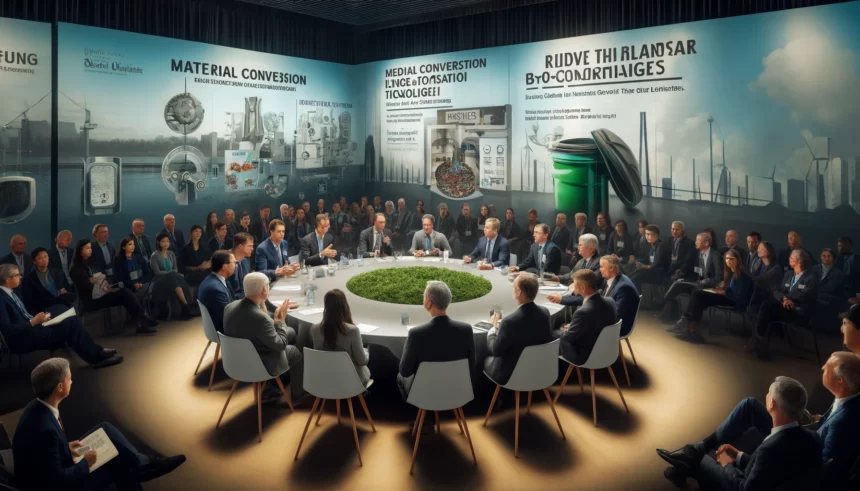Introduction Did you know that managing our waste better isn’t just about keeping the streets clean? It’s a vital step toward fighting the environmental issues that affect our planet. Recently, experts from both private and public sectors gathered to share how we can make a significant difference in waste management. Here’s a rundown of what they discussed and how you can take part in making waste handling more sustainable.
Understanding the Crisis During the Boston Globe Sustainability Week, a critical question was posed: “Where is our waste going, and how soon will we run out of space?” The answer was clear—the current approach isn’t going to cut it much longer. Experts including Janet Domenitz, Jack “Tato” Bigio, and Susan Collins highlighted that without innovative solutions, we’re headed for a crisis of overflowing landfills and increased environmental pollution.
Revolutionizing Waste Management So, what are these solutions? Let’s dive into a few game-changing ideas:
- Innovative Material Conversion
- UBQ Materials is at the forefront of transforming everyday waste into usable, sustainable materials. This technology takes what would normally head to a landfill—like organics, plastics, and paper—and converts it into a thermoplastic-like material. This material can be used in everything from building construction to automotive parts, reducing the need for fossil-based resources.
- Bioconversion Technologies
- Another promising technology involves using microorganisms to turn organic waste into valuable products like biogas and fertilizers. This not only reduces waste but also provides an alternative to chemical fertilizers, which can be harmful to the environment.
- Recycling Innovations
- Efforts to improve recycling infrastructure mean that more materials can be reclaimed and reused. As Janet Domenitz pointed out, ideally, if we could capture 80% of the waste through recycling and composting, the environmental impact would be significantly lessened.
The Role of Government Regulation Government action is crucial in shaping sustainable waste practices. Laws and regulations can set the standards for disposal and recycling, while incentives can encourage businesses and individuals to adopt greener practices. The experts agreed that while systemic changes are necessary, they often take time to implement. Technologies like UBQ fill the gap, offering immediate solutions to reduce waste impact.
How You Can Contribute Wondering how you can make a difference? Here’s how:
- Reduce, Reuse, Recycle: Start with the basics. Try to minimize waste, reuse items, and sort your recyclables correctly.
- Support Green Policies: Advocate for and support policies that encourage sustainable waste management.
- Stay Informed: Knowledge is power. Watch discussions and read about new technologies and policies that promote sustainability.
Conclusion Transforming our waste management practices is not just an option—it’s a necessity. By embracing innovative technologies and supporting the right policies, we can significantly reduce the environmental impact of our waste. Let’s not wait for landfills to overflow; let’s act now to ensure a greener, cleaner world.
Remember: Every small action counts in our journey towards a more sustainable future. Ready to make a difference? Start today by sharing this information with others and discussing what you can do together!
















